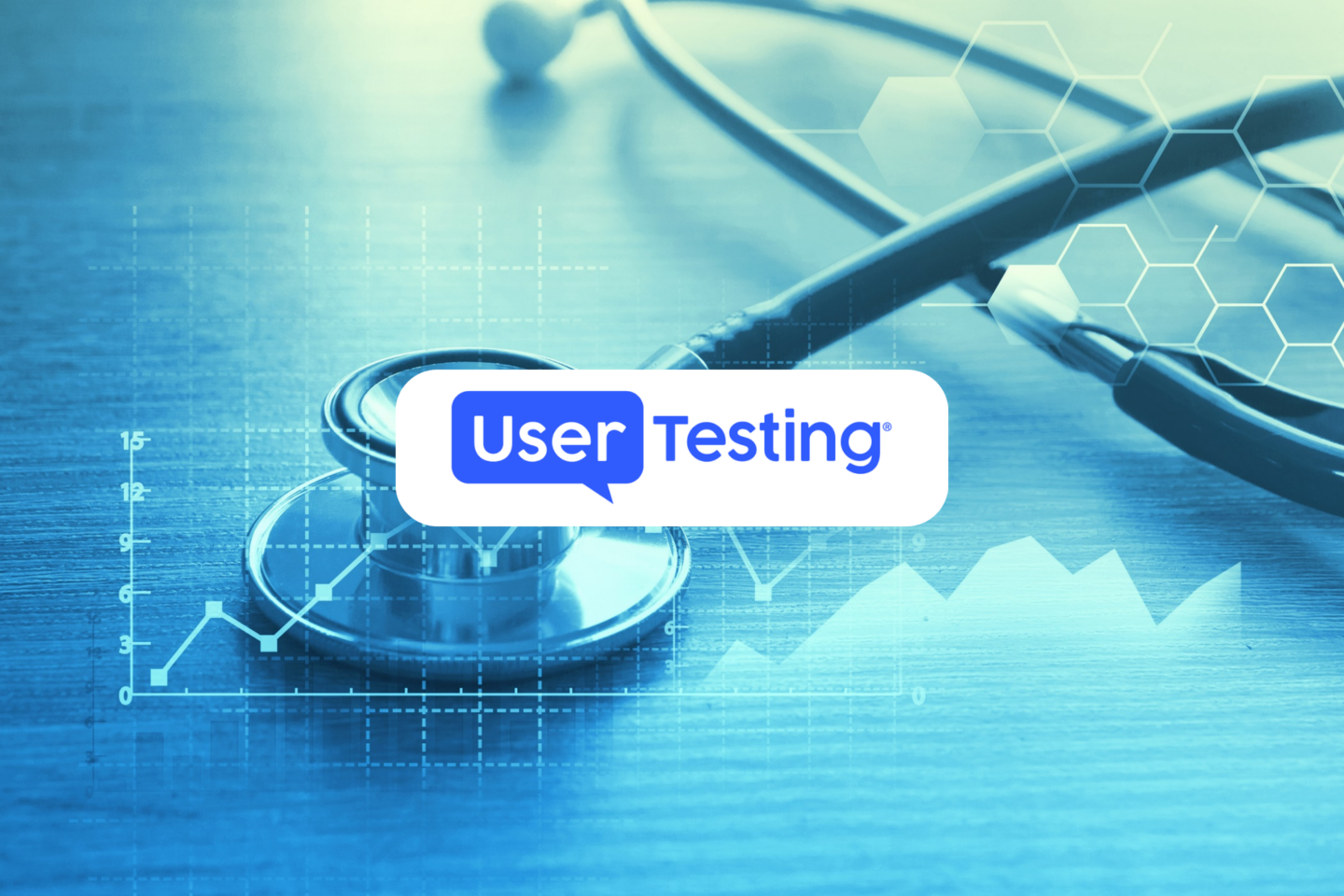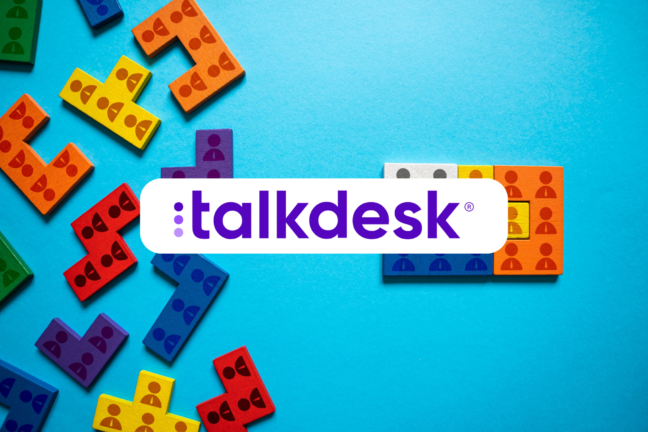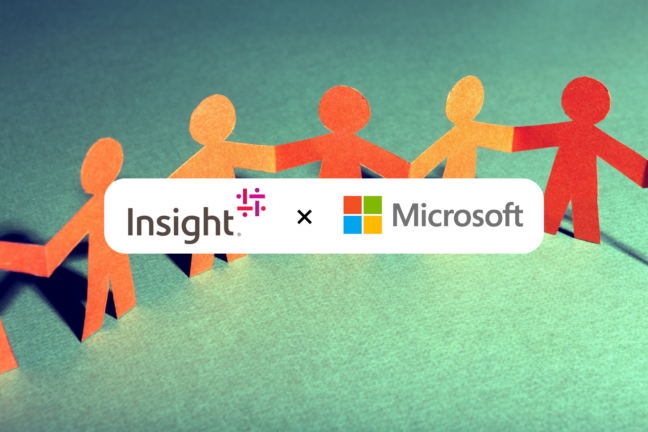According to a study by UserTesting, adults often turn to the Internet for mild symptoms but rely more on physicians for moderate to severe symptoms. The study delved into the behaviors and perspectives of American, Australian, and British consumers regarding the use of the Internet and AI for healthcare advice.
“As the US grapples with increasing healthcare accessibility issues, AI and technology’s role in healthcare becomes more vital. In countries with universal healthcare like the UK and Australia, technology’s support is important but not as critical. The challenge lies in establishing safeguards to ensure quality advice and effective patient-provider connections,” said Lija Hogan, principal of enterprise research strategy at UserTesting.
The survey highlights a significant divergence in how consumers in different countries perceive their understanding of their health compared to their doctors, as well as their reliance on the Internet and AI for diagnosis and health information. Australians (51%) and adults in the UK (41%) demonstrate a higher tendency to initially consult physicians for severe symptoms compared to Americans (17%). When it comes to the United States, 73% of respondents believe they have a better understanding of their health than their doctors, whereas in the UK (43%) and Australia (42%), these figures are lower.

How much trust do consumers have in AI security?
There is also a huge difference regarding consumer attitudes towards confidence in AI/technology companies safeguarding health information. While 78% of Americans express confidence, only 42% of Australians and 28% of Britons trust in AI/technology companies.
Even though Americans have confidence in AI/technology companies, the survey also unveiled notable concerns. In the U.S., major apprehensions include resistance to having health data sold (49%), use for studies without consent (47%), or for advertising purposes (45%). In Australia, on the other hand, primary concerns revolve around identity theft (64%) and uncertainty about data use (62%), with a similar percentage expressing unwillingness to have their health data sold. Regarding the UK, the resistance to having health data sold is even higher (74%), coupled with concerns about data use for advertising (64%) and general uncertainty about data usage (60%).
There are also notable differences in the trust levels of global consumers when it comes to AI in healthcare tasks. Americans show a higher inclination to embrace AI for actual healthcare treatment options, while Australians and Britons lean towards trusting AI more for automating administrative tasks.
Trust in AI for health-related tasks
In the U.S., 53% express trust in AI for developing treatment plans, 52% for scheduling doctor appointments, and 47% for coordinating prescriptions. Only 6% indicate a lack of trust in AI for any health-related tasks.
In the UK, 27% would trust AI for scheduling appointments, 23% for tracking health records, and 22% for coordinating prescriptions. However, 44% do not trust AI for any health-related tasks.
In Australia, 37% express trust in AI for scheduling appointments, 30% for receiving fitness plan recommendations and tracking health records, with 27% showing no trust in AI for any health-related tasks.
Trust in AI for medical condition diagnoses
In the U.S., 48% trust AI for chronic illness diagnoses, 42% for COVID-19, and 40% for cold/flu. A mere 12% lack trust in AI for any medical diagnoses.
In the UK, a significant 65% do not trust AI for any medical diagnoses, while 21% express trust in AI for cold/flu diagnoses.
In Australia, 53% hesitate to trust AI for medical diagnoses, with 30% trusting it for cold/flu diagnoses and 20% for COVID-19.
Health tracking with smartphones and wearables
The survey underscores the widespread adoption of smartphones and wearable devices for health monitoring among consumers, with a majority actively participating in health and fitness-related tracking.
In the United States, 45% of participants choose to monitor their health using smartphones, 15% prefer wearable devices, and 26% utilize both. Notably, 14% do not engage in any form of health tracking.
In the United Kingdom, these percentages are 29% for smartphone usage, 15% for wearables, and 13% for both. Conversely, 43% opt not to partake in health tracking.
In Australia, 42% of respondents engage in health tracking via smartphones, 11% through wearables, and 13% using both methods. Meanwhile, 34% abstain from health tracking altogether.
In other news, UserTesting has appointed Jamie Anderson as its new Chief Revenue Officer.









